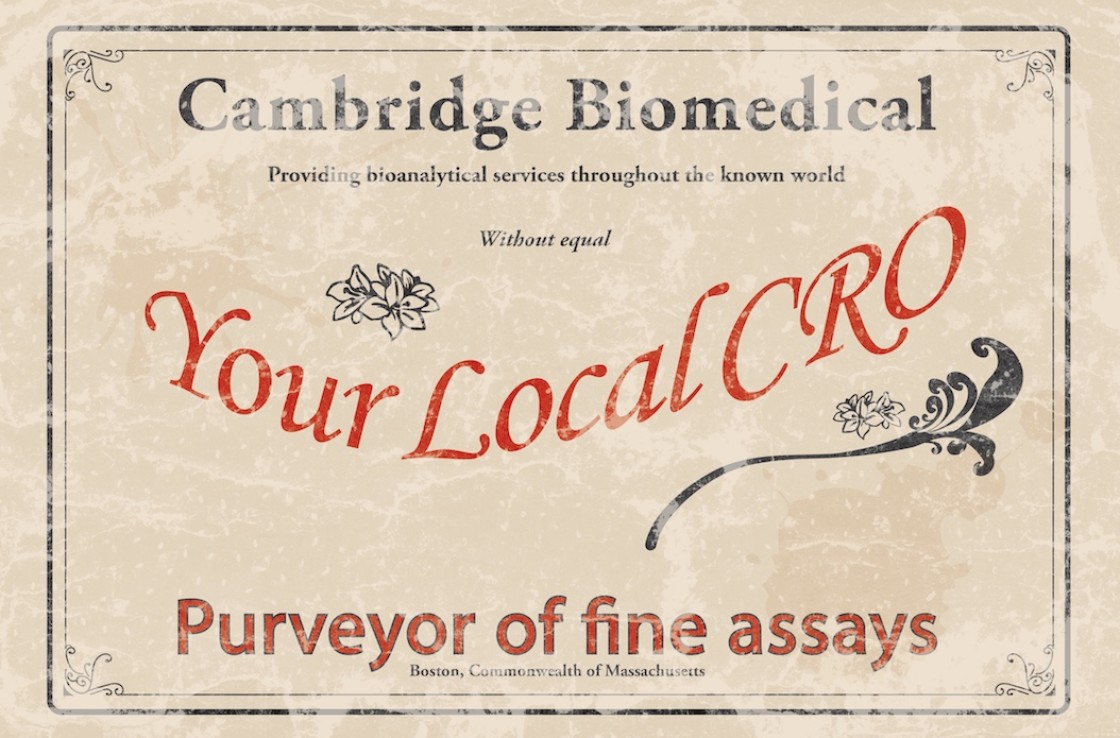The gastrointestinal (GI) tract is a frequent source of blood-disseminated septic infections, which are an increasing problem and common cause of death among already severely ill patients who spend time in intensive care units (ICUs). Sequence analyses of stool samples from ICU patients at University of Chicago hospitals revealed profound disruptions of gut microflora compared to healthy patients. In a study published today (September 23) in mBio, researchers also fed ICU patients’ “ultra-low-diversity” gut microbes to C. elegans roundworms. These experiments yielded insights into the origins of the microbes’ pathogenic behavior and potential paths to mitigate it.
Although a well-functioning human intestine teems with a variety of microbial life, serious illness, long-term intravenous feeding, and multiple rounds of antibiotics wipe out much of this diversity. Inspection of 16S rRNA sequences from stool samples showed that the guts of five healthy volunteers harbored at least 40 bacterial genera. In contrast, in five of the 14 ICU patients in the study, 90 percent of the bacterial sequences were from just one taxon—typically a known pathogen, such as Enterococcus or Staphylococcus.
Full story on The Scientist
